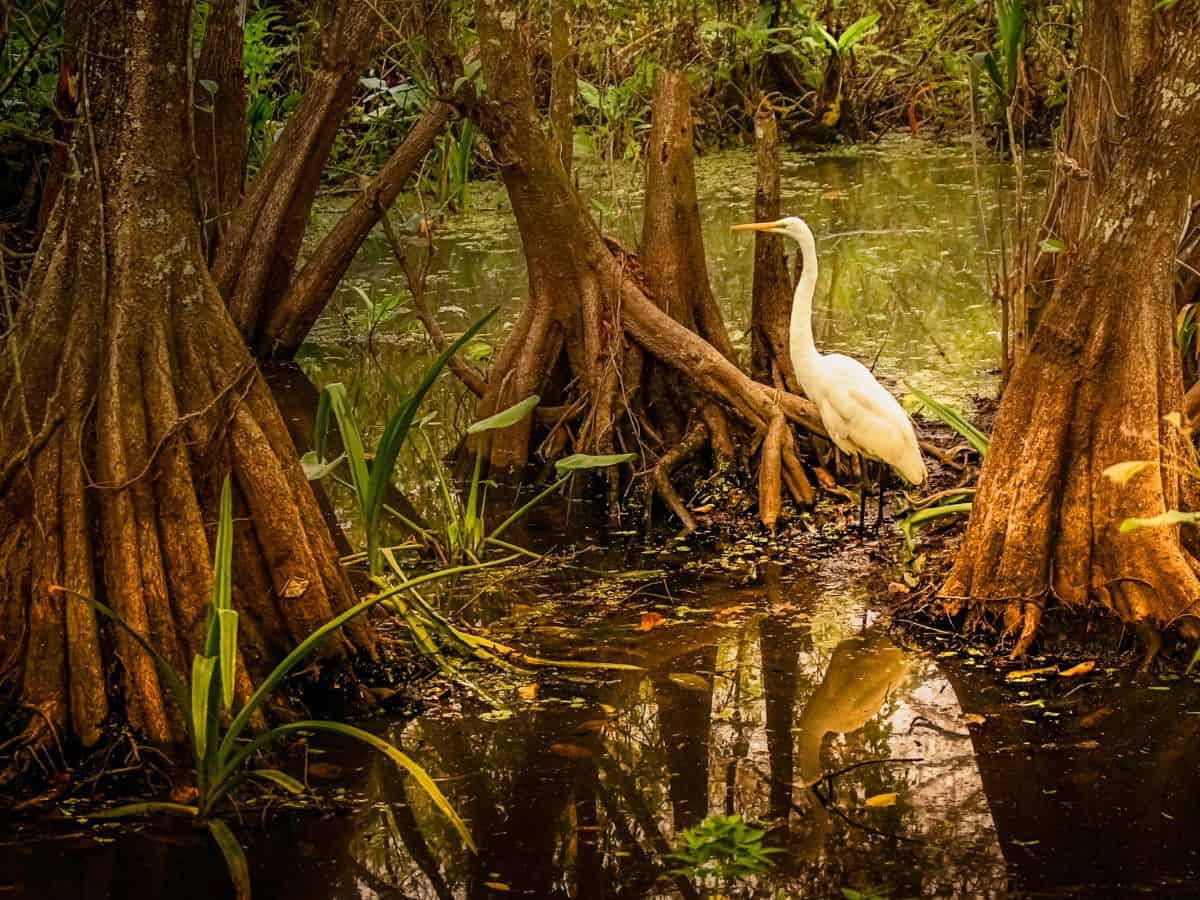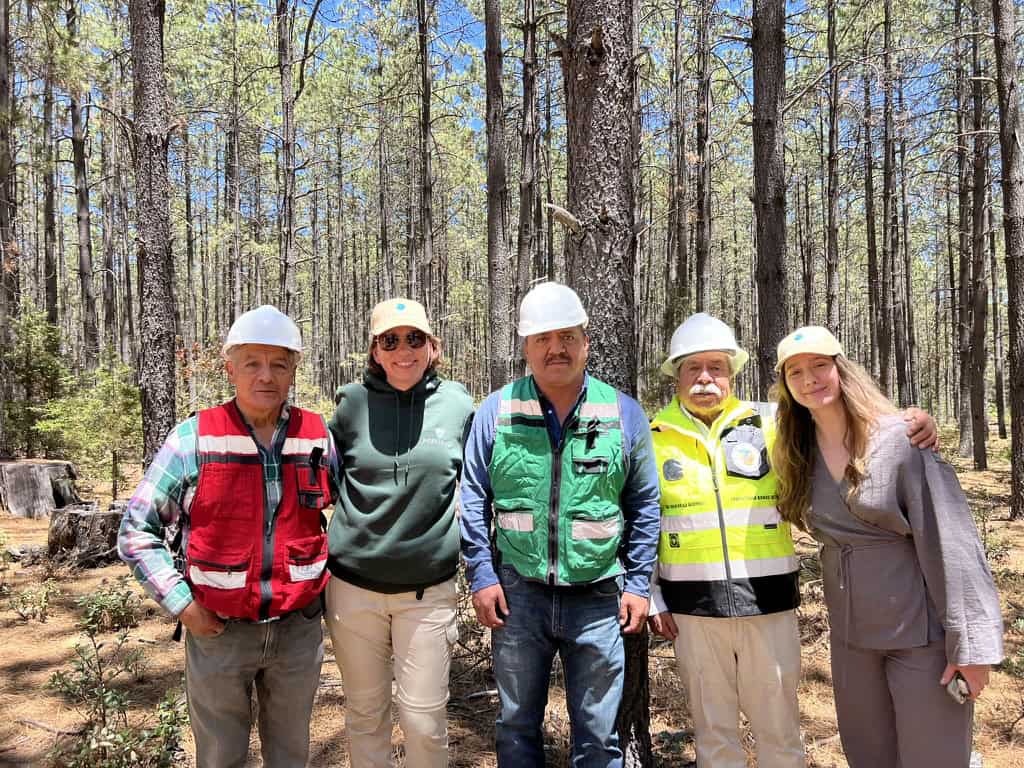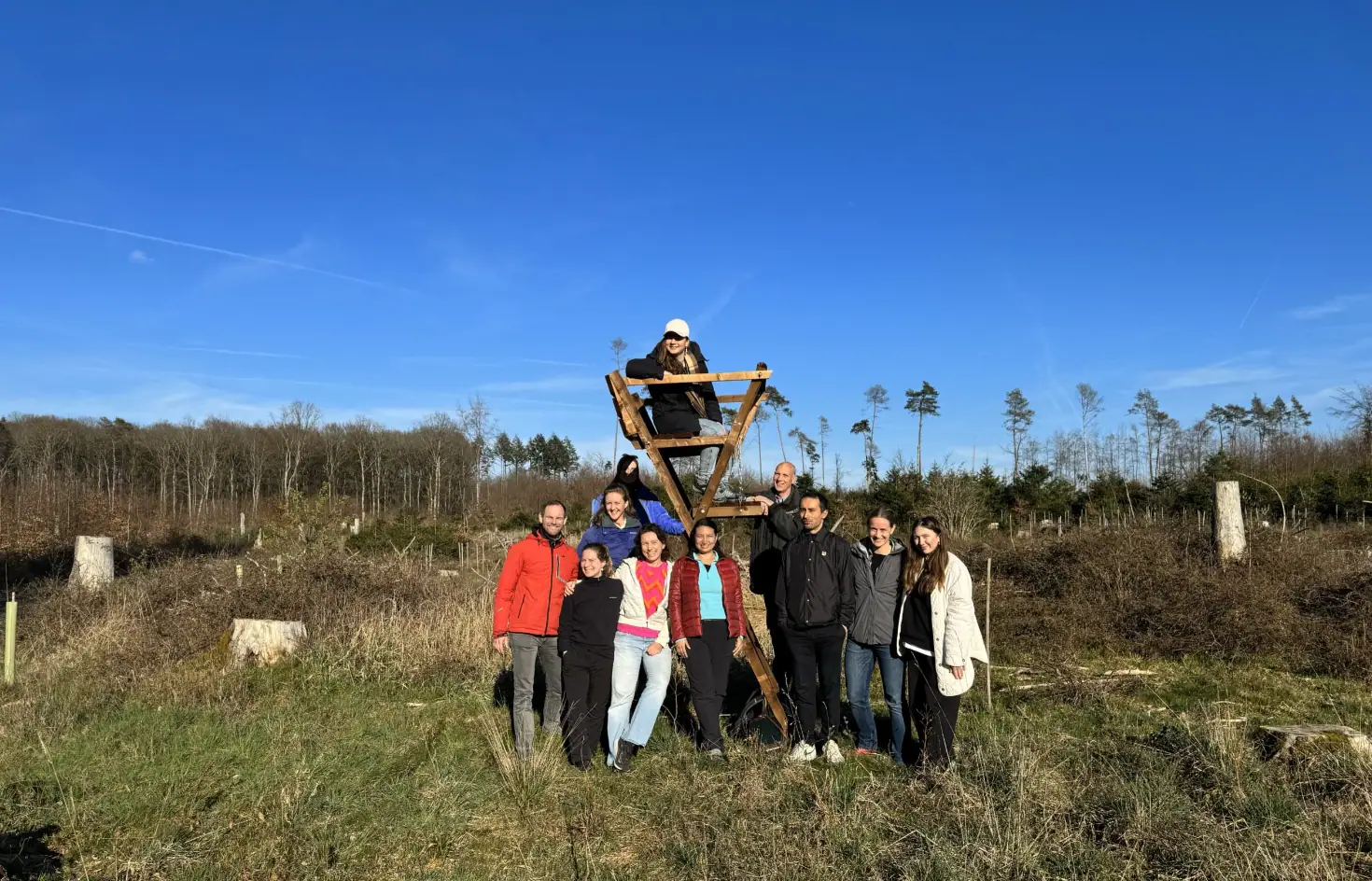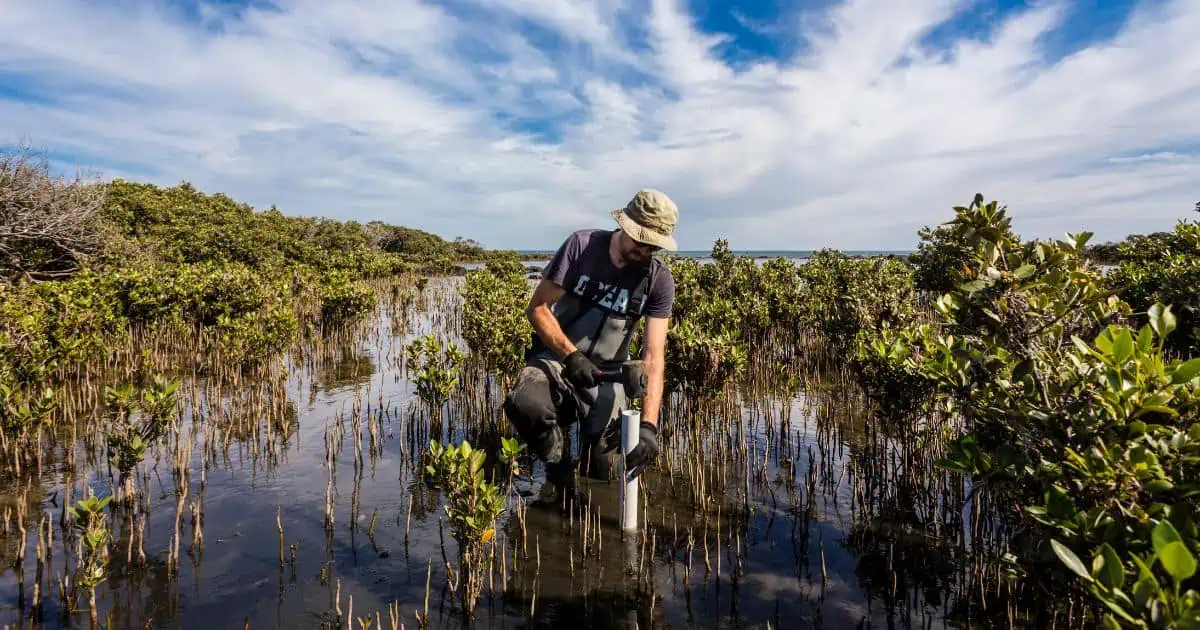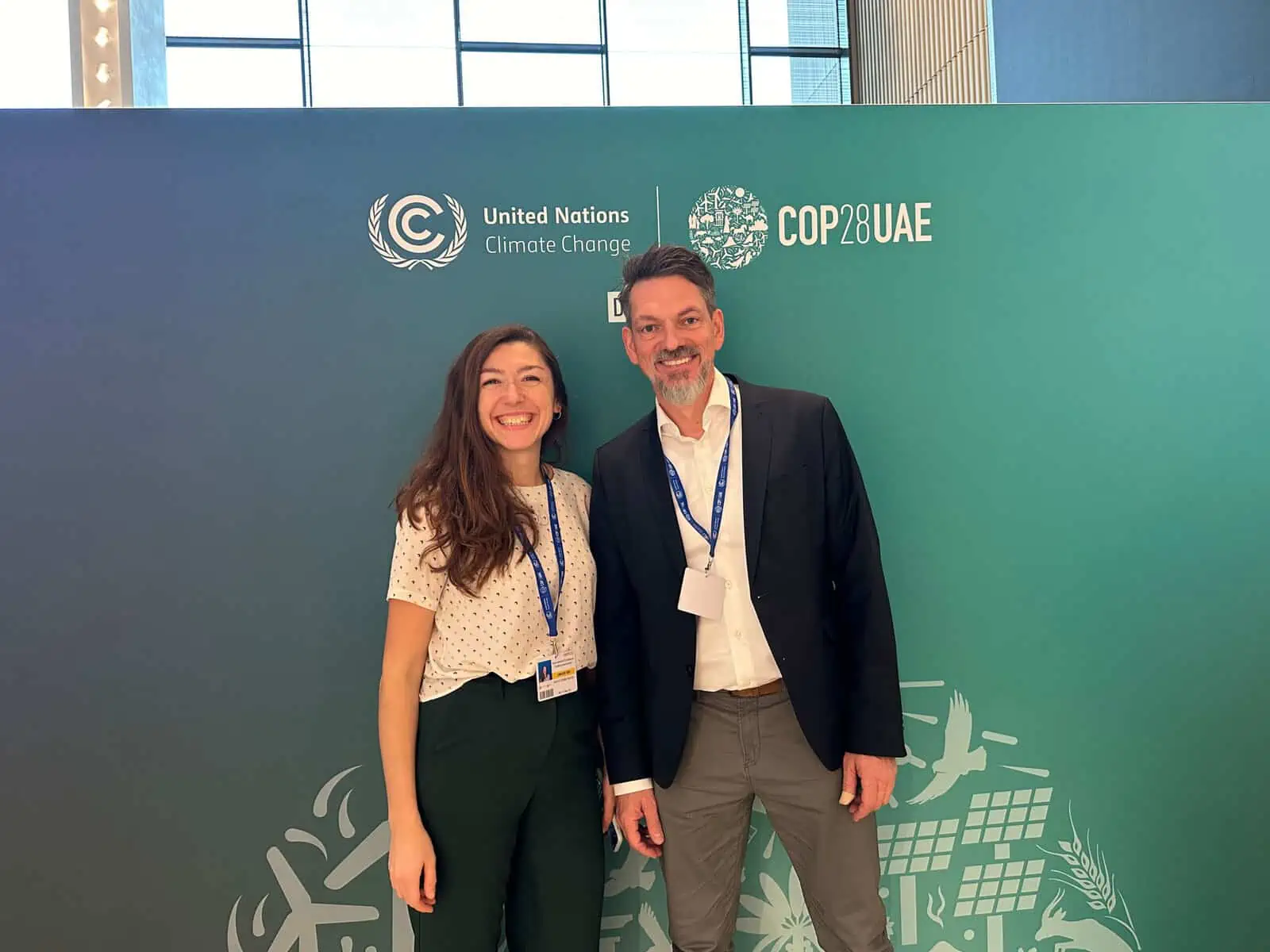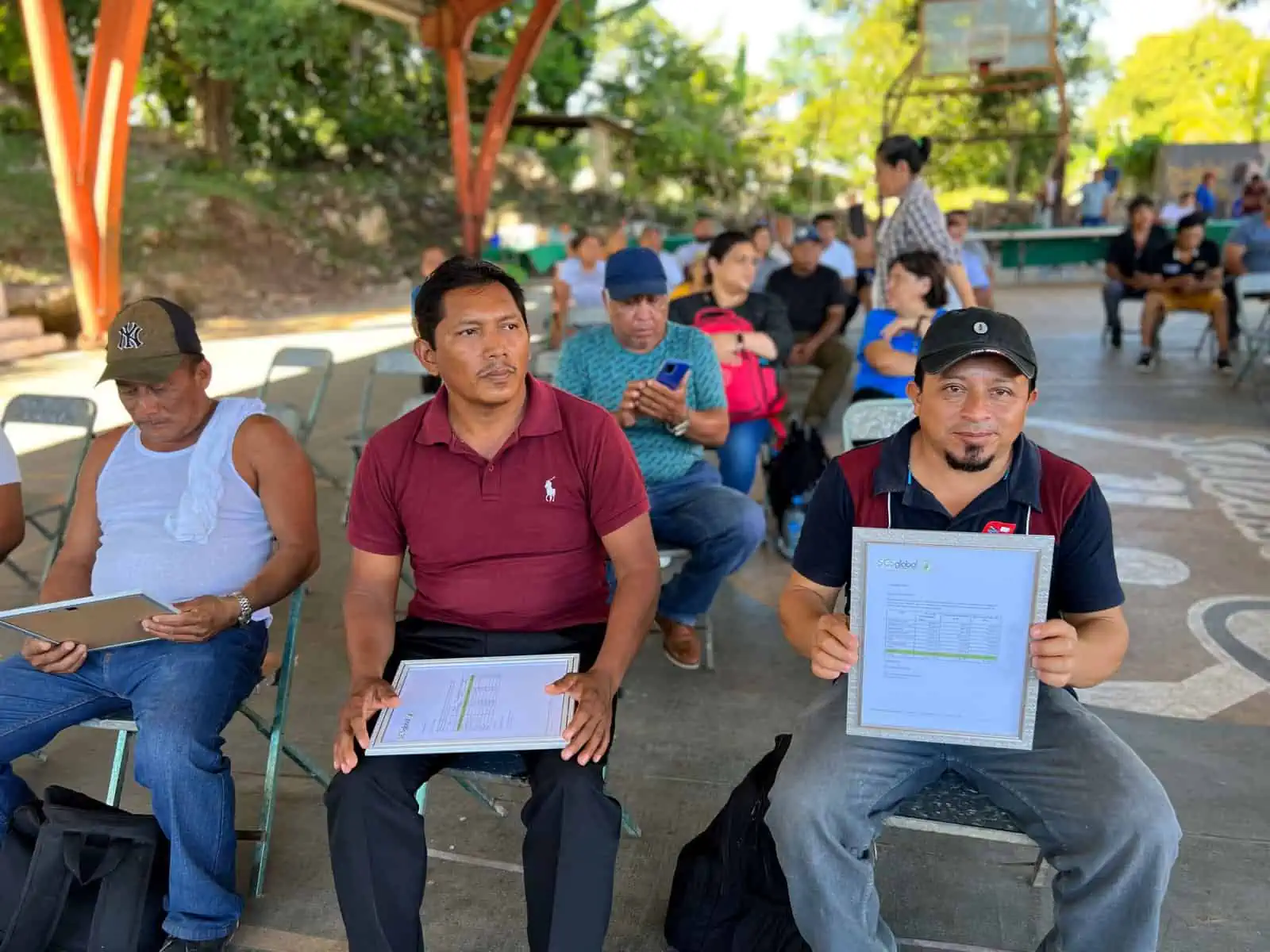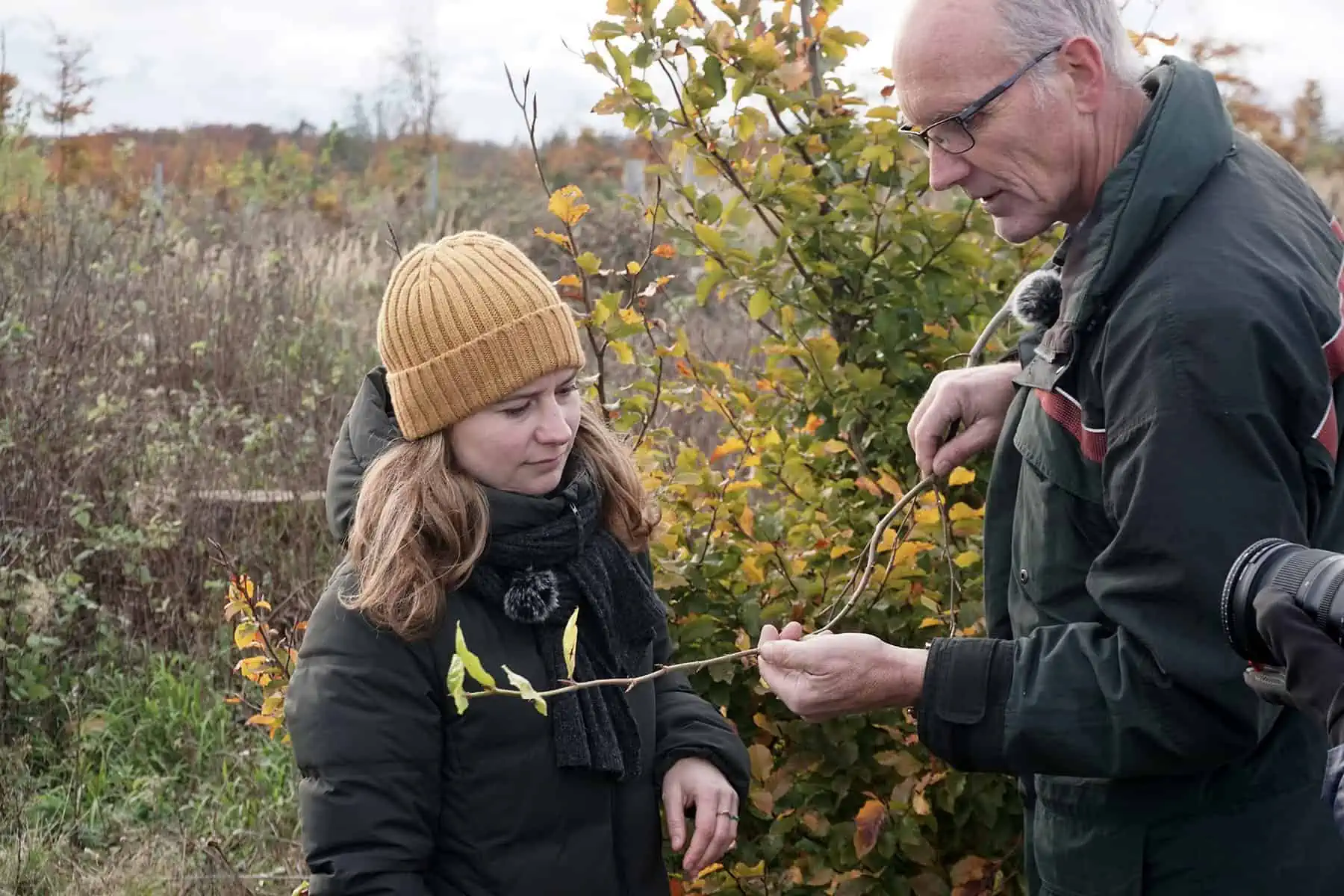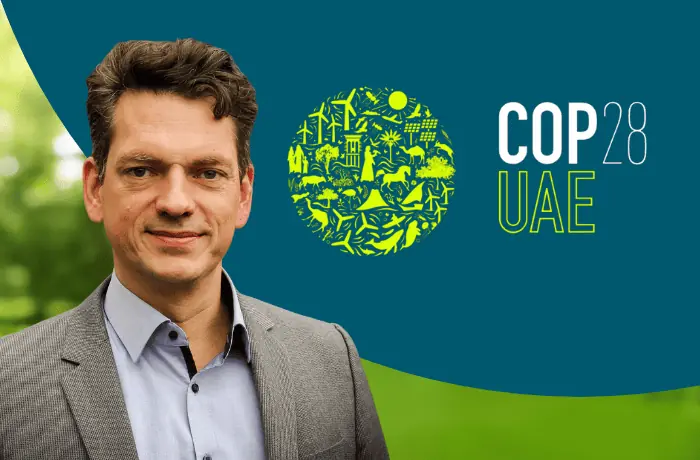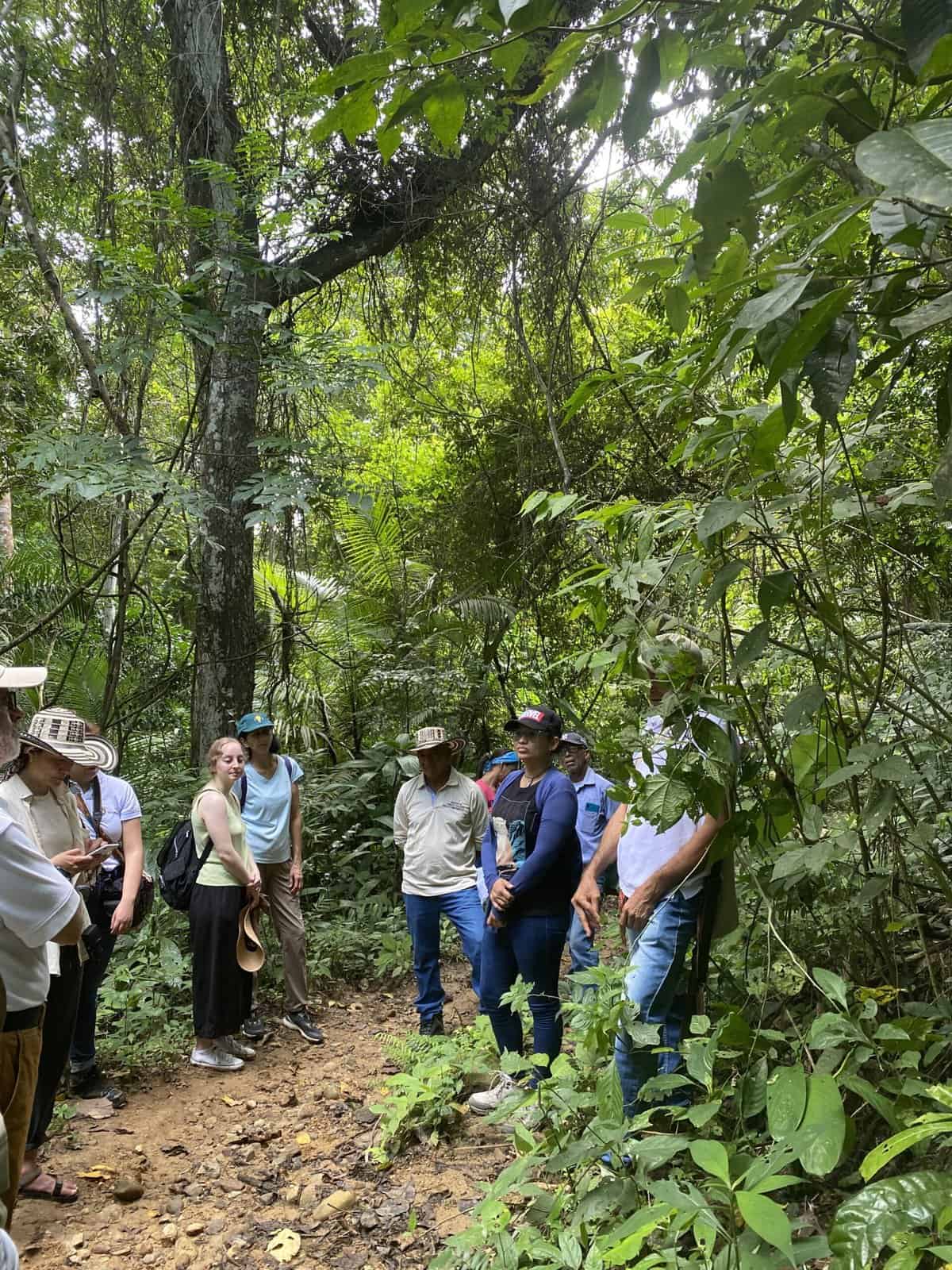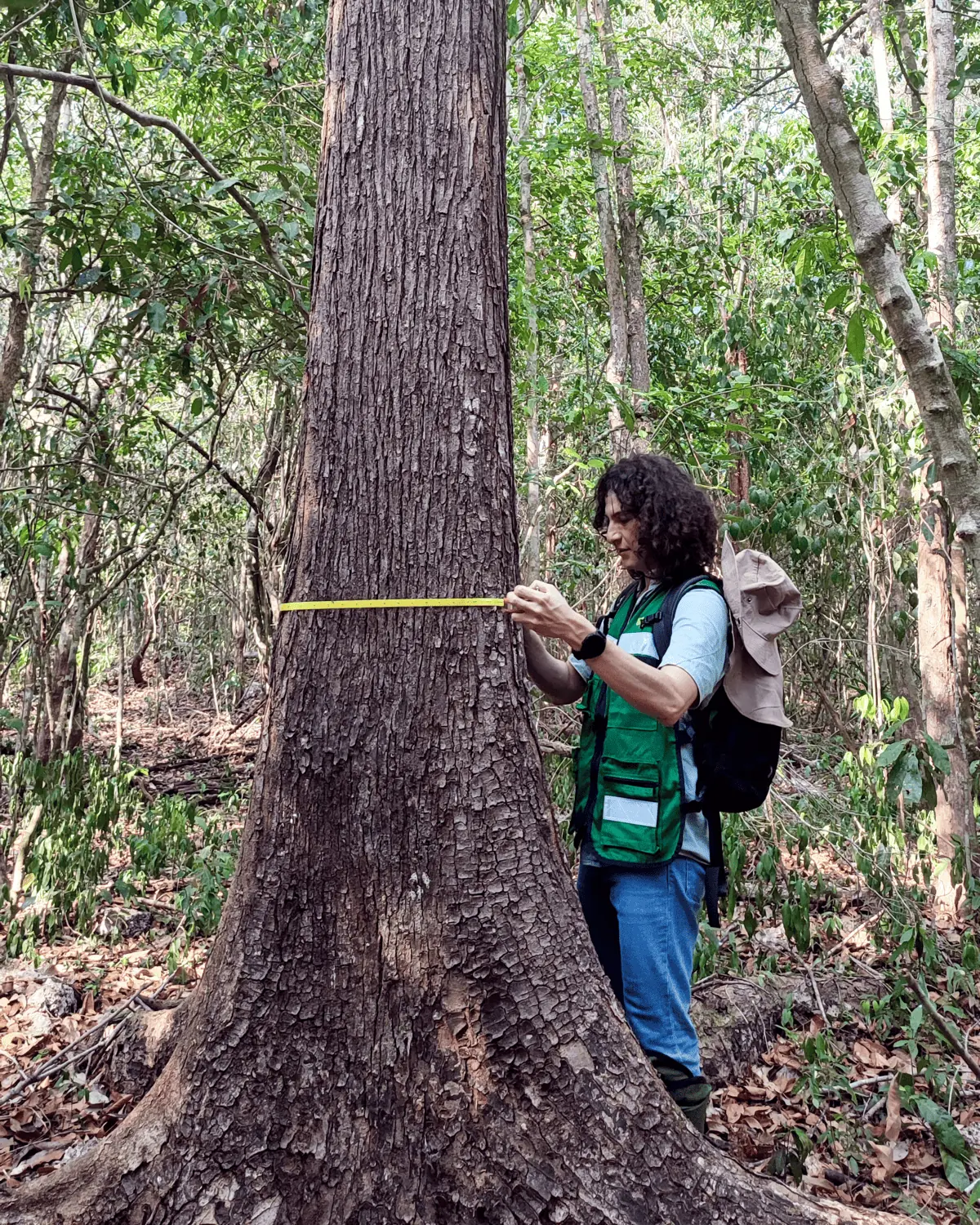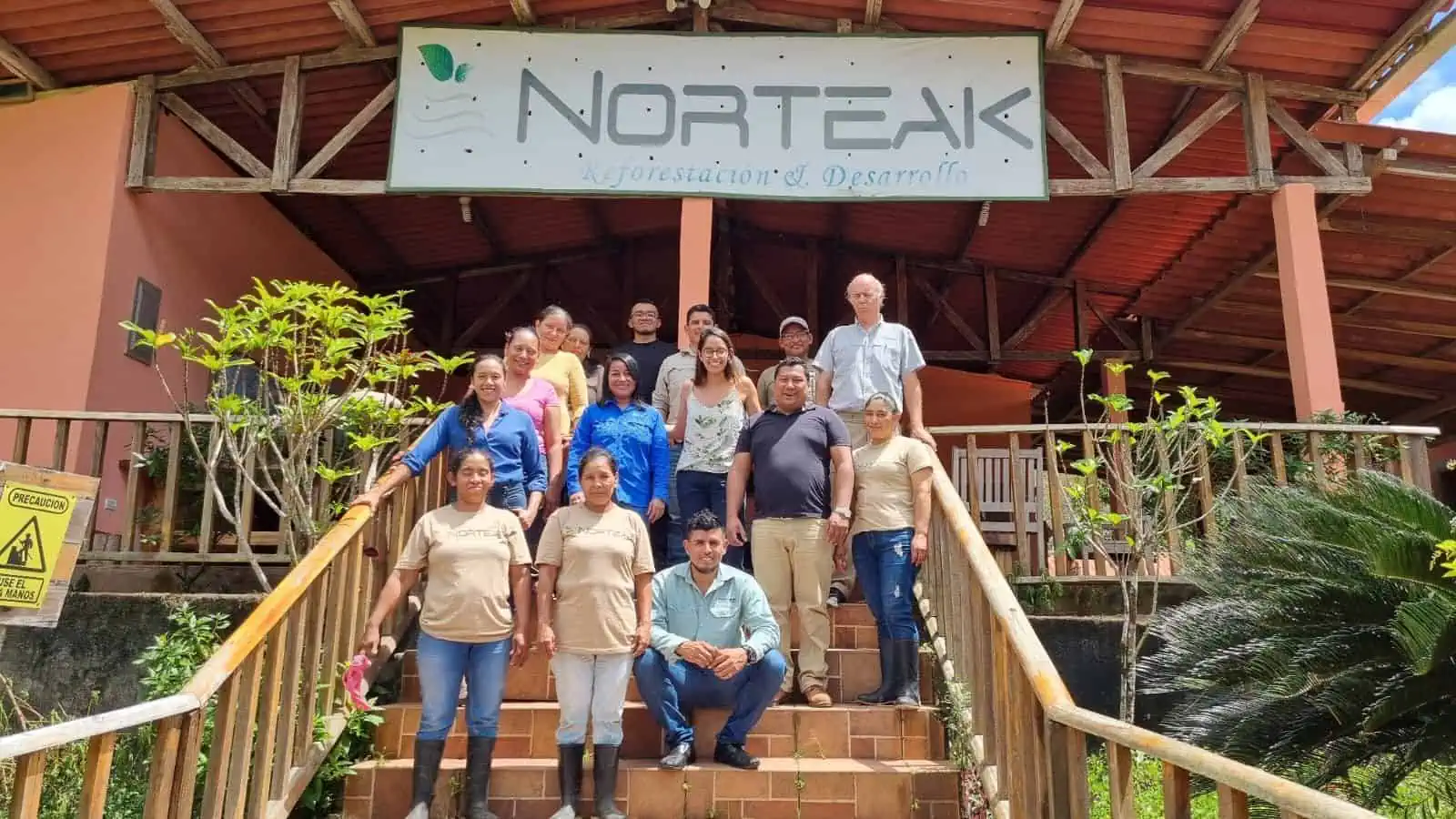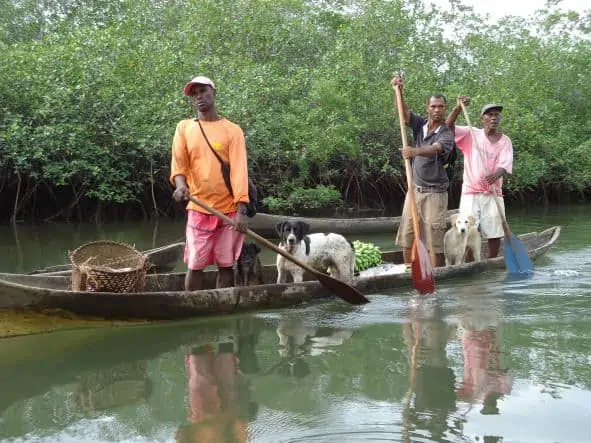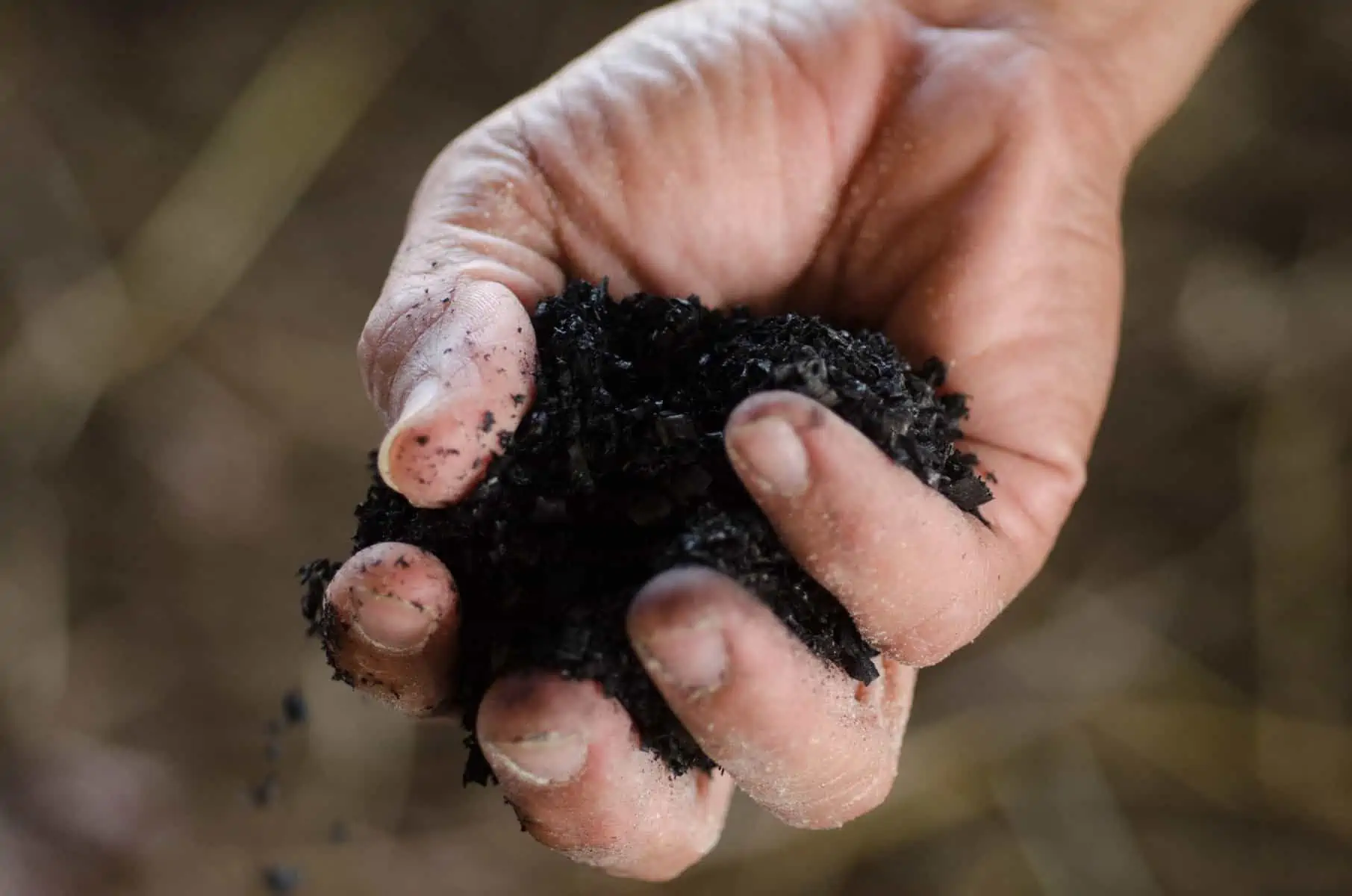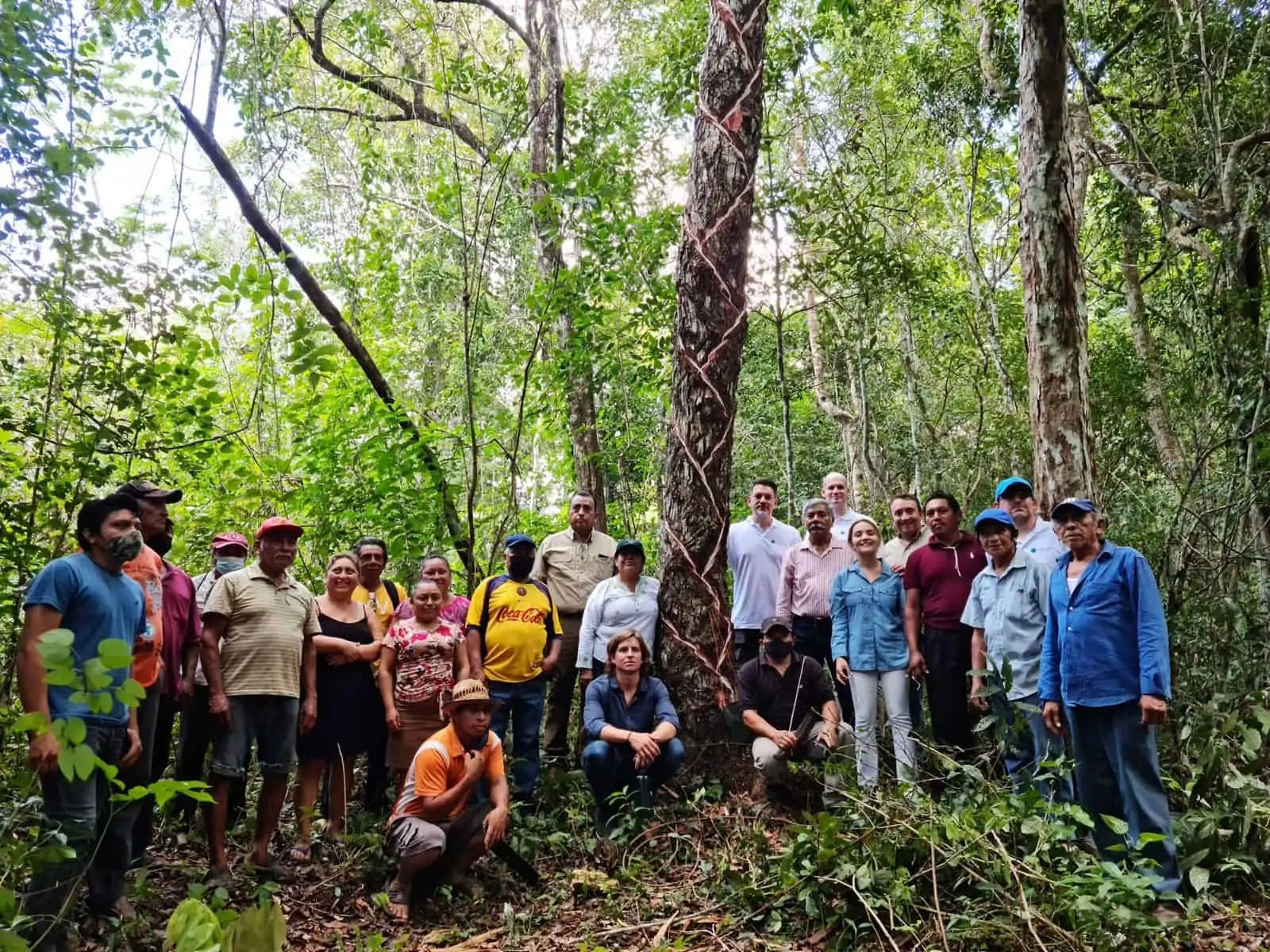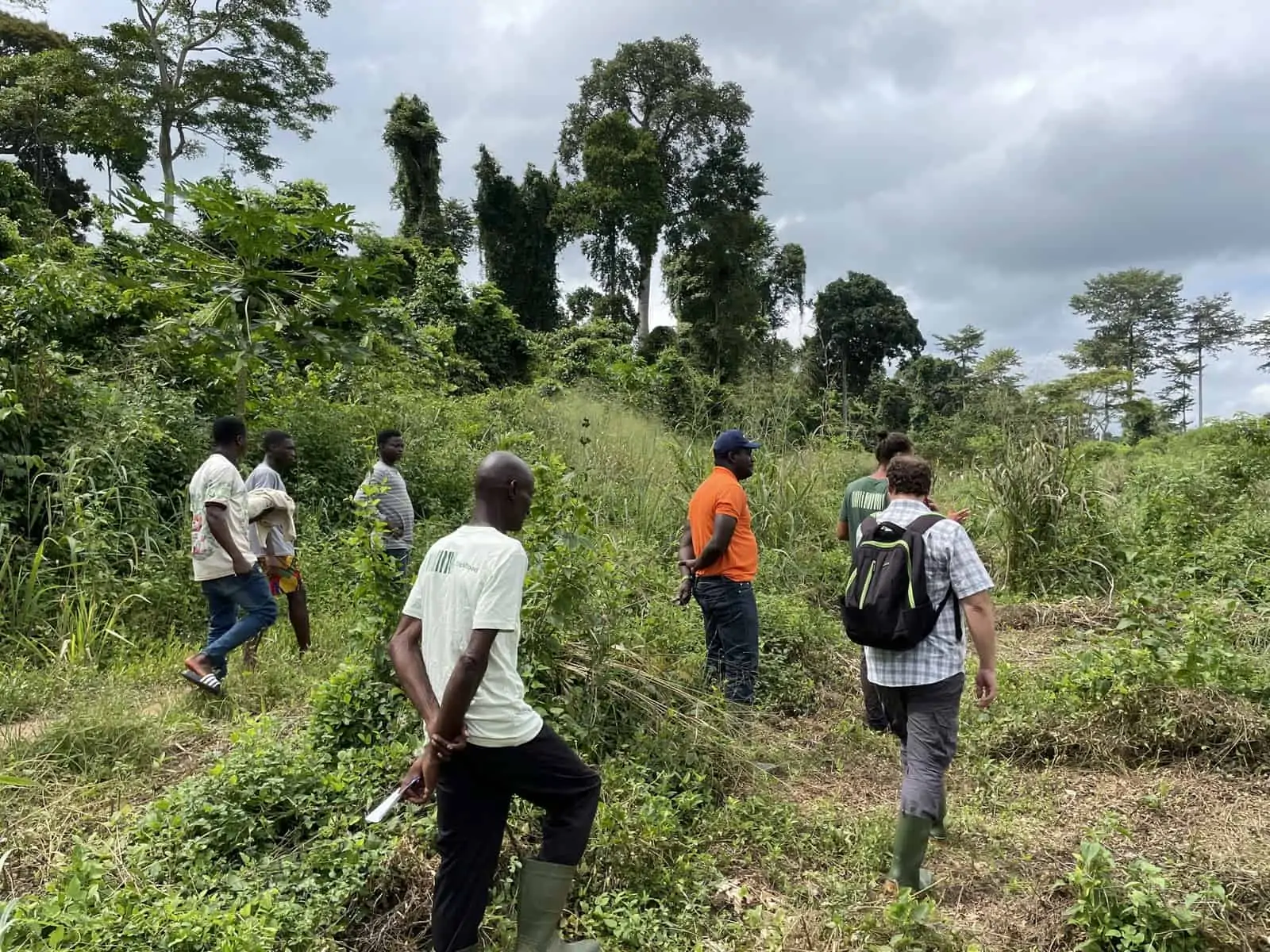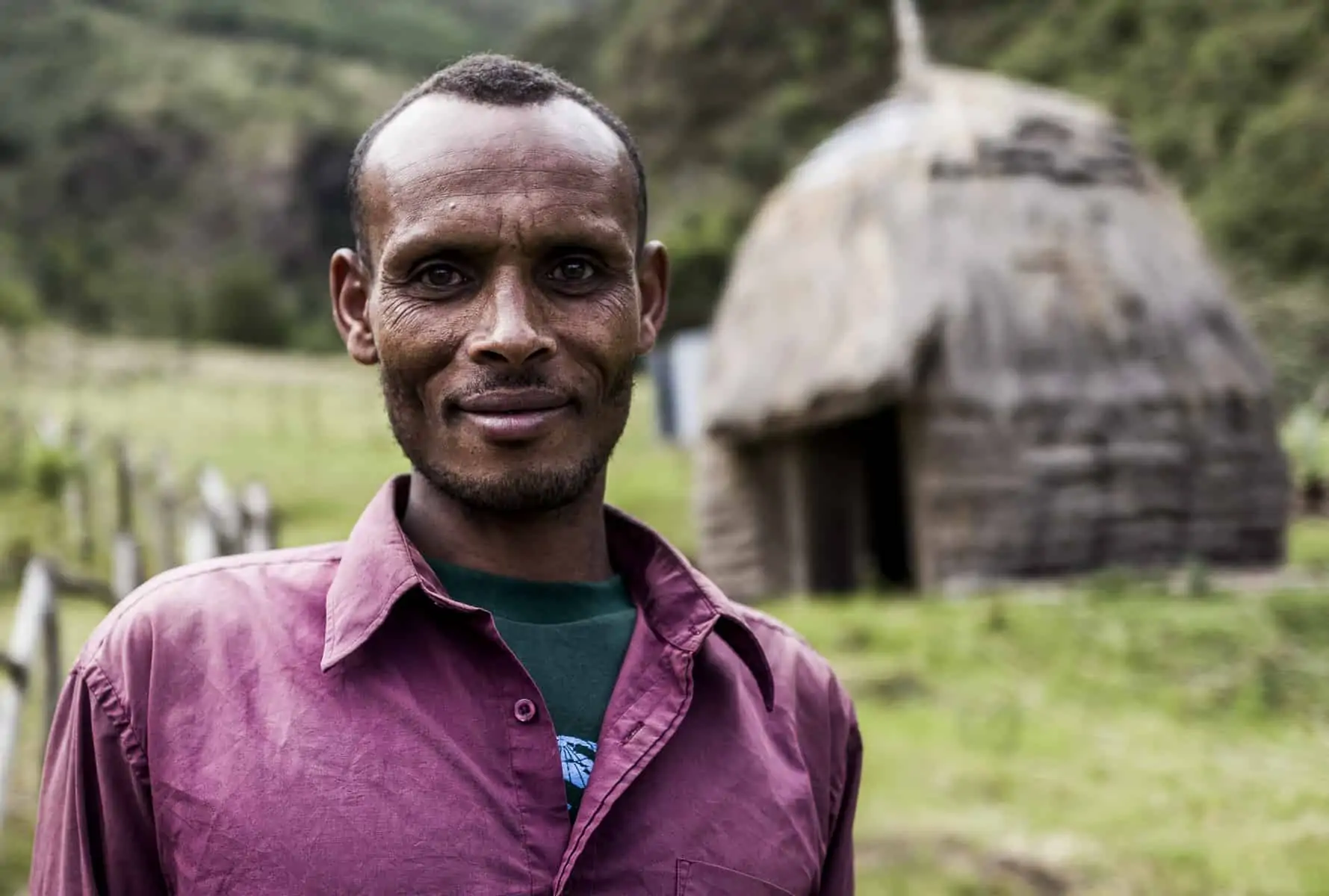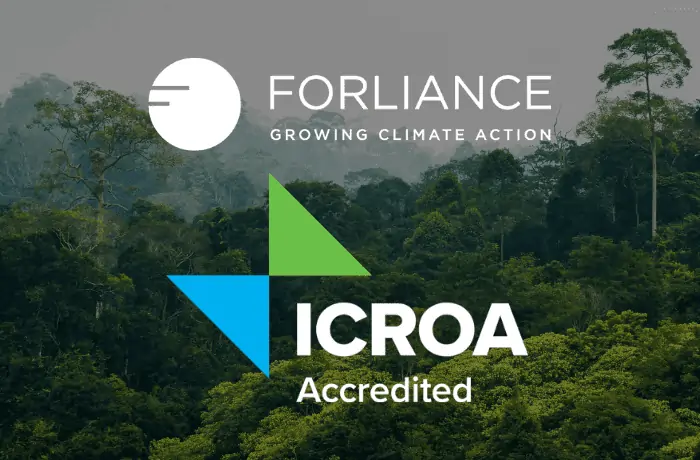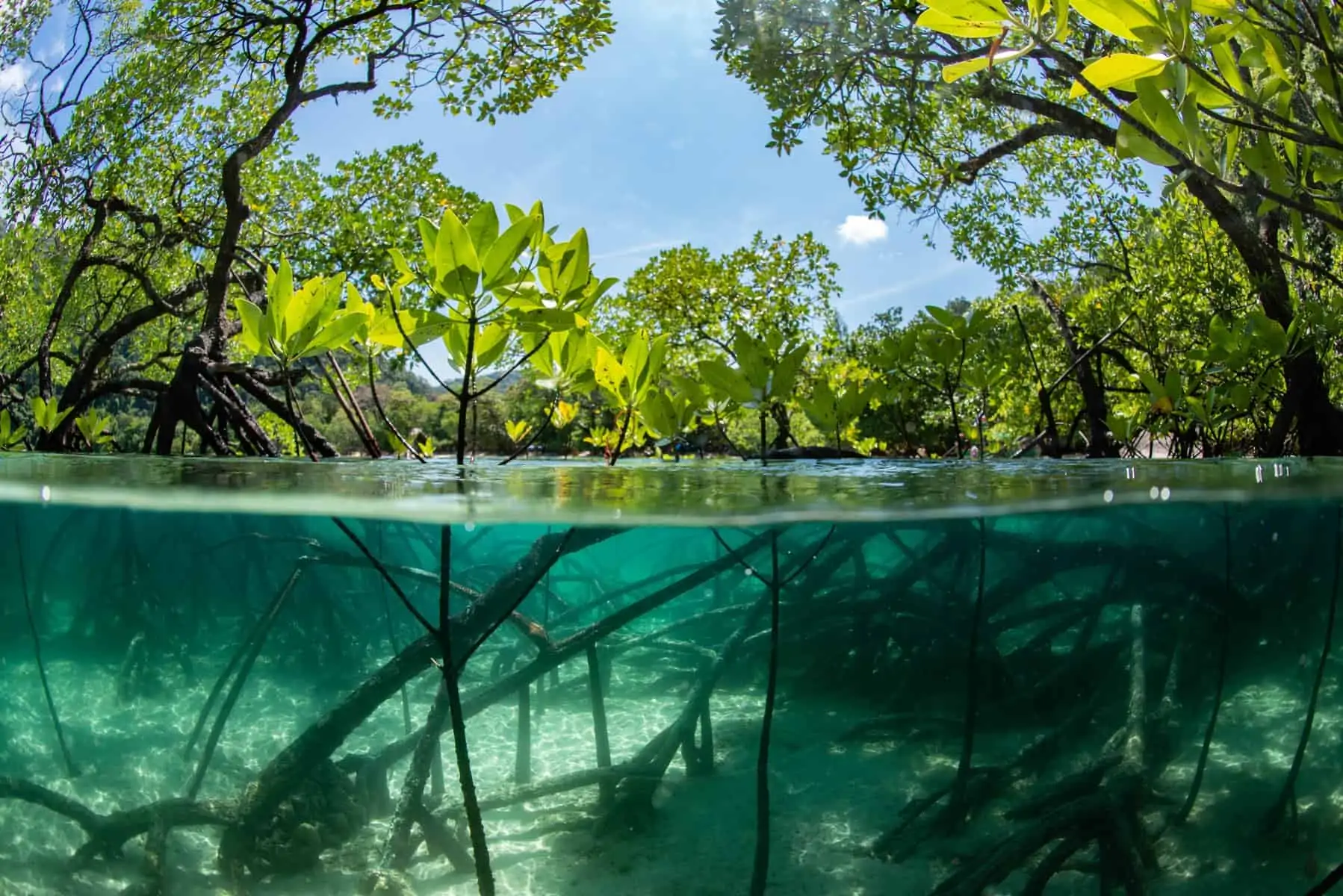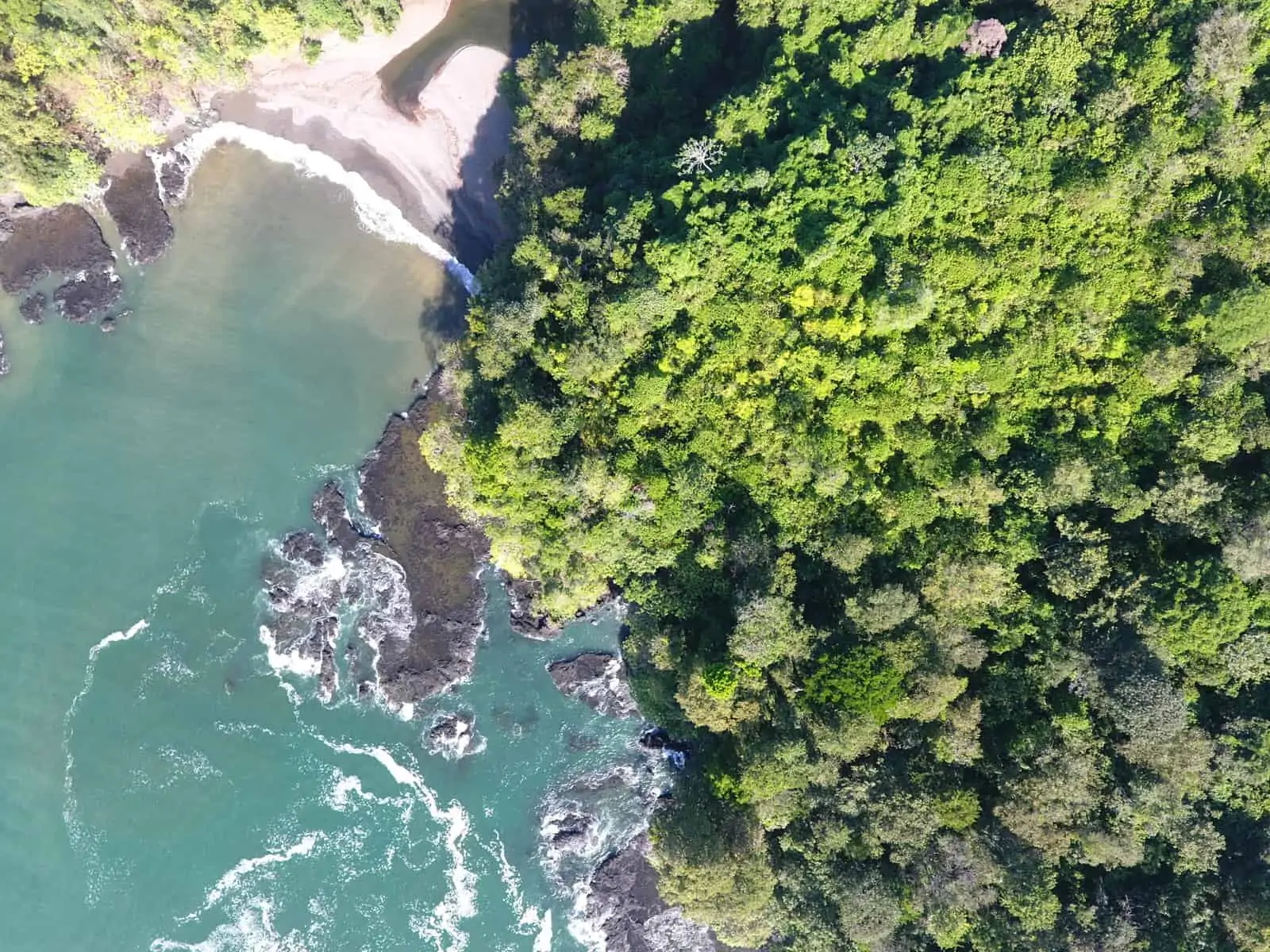Descubre cómo la pasión por el fútbol puede restaurar los bosques tropicales
Chamselassil Ayari
July 10, 2023
Alianzas
Abordar el cambio climático es una responsabilidad colectiva. Requiere esfuerzos de colaboración inmediatos para encontrar soluciones sostenibles y tomar acciones tangibles hacia un futuro sostenible. Sin embargo, crear conciencia es crucial cuando se trata de enfrentar estos desafíos. Como el deporte más popular del mundo, el fútbol sirve como una excelente plataforma para sensibilizar sobre el cambio climático, su impacto en el planeta y por qué apoyar proyectos climáticos en todo el mundo es clave para limitar el calentamiento global a 1.5 grados para 2050. Aquí es donde entra en juego la Campaña Fútbol por los Bosques (F4F). Este artículo explora en qué consiste la Campaña F4F y por qué es fundamental que los clubes de fútbol, empresas y organizaciones apoyen proyectos de reforestación certificados y reconocidos internacionalmente. También destaca las razones para restaurar los bosques tropicales.

Aprovechando el poder del fútbol para restaurar los bosques tropicales
El fútbol es, por mucho, el deporte más popular del mundo con el poder de cautivar a millones de personas en todo el planeta. Disfruta de un alcance global sin igual, trascendiendo fronteras, culturas e idiomas. Une a personas de diversos orígenes, despertando pasión y entusiasmo en todos los continentes.
Con al menos 5 mil millones de aficionados en todo el mundo, según la FIFA, el fútbol puede involucrar a los fanáticos, crear conciencia e inspirar acciones ambientales positivas a gran escala. Entonces, ¿por qué no aprovechar el poder del fútbol para restaurar la selva tropical, combatir el cambio climático y apoyar el bienestar de las comunidades locales? Esta es la idea principal detrás de la Campaña Fútbol por los Bosques (F4F). A través de una aplicación desarrollada especialmente para la Campaña F4F, los fanáticos tienen la oportunidad de enviar predicciones para los partidos de su equipo. Por cada gol anotado, pueden donar y competir con los fanáticos de otros clubes para contribuir a esta causa. “No necesitamos esperar a que el mundo actúe cuando ya es demasiado tarde, ¡podemos empezar aquí nosotros mismos, con 5 mil millones de aficionados al fútbol y sus teléfonos inteligentes!”, afirmó Charlotte Streck, fundadora de la Campaña Fútbol por los Bosques.

Inspirando a los aficionados al fútbol a tomar acción climática
Los clubes de fútbol y las empresas también están compitiendo para restaurar los campos de la selva tropical. FORLIANCE es uno de los primeros patrocinadores de la Campaña F4F. “Mientras enfrentamos las consecuencias del cambio climático a nivel global, creo en el poder de las acciones colectivas para restaurar los bosques y mejorar los sumideros de carbono naturales que absorben el carbono de la atmósfera”, dijo Dirk Walterspacher, CEO y cofundador de FORLIANCE.
FORLIANCE se ha dedicado a diseñar y desarrollar proyectos de protección climática en varios países, incluyendo Colombia, el país enfoque de la Campaña F4F para 2023. Para FORLIANCE, se trata de crear valor añadido, no solo para el medio ambiente, sino también para las comunidades locales y los países anfitriones de diversas maneras, como la creación de empleos, el intercambio de conocimientos y el apoyo a las economías locales para mejorar los medios de vida. “Creo en el poder del fútbol, que simboliza una pasión interminable, para inspirar y unir esfuerzos para hacer de la Tierra un lugar mejor para todos, en todas partes”, agregó Walterspacher.
¿Por qué es crucial restaurar el bosque tropical?
Los bosques tropicales, que cubren solo el 6% de la superficie terrestre, tienen una importancia notable como algunos de los ecosistemas más biodiversos y abundantes de nuestro planeta. Son hogar de árboles antiguos junto a una amplia variedad de especies vegetales, aves, mamíferos e insectos.
Sin embargo, en las últimas décadas, estos valiosos ecosistemas han enfrentado amenazas significativas debido a la deforestación y prácticas de uso de la tierra no sostenibles. Al restaurar los bosques tropicales, protegemos hábitats y brindamos una oportunidad para que diversas especies prosperen. Preservar la biodiversidad es crucial ya que cada especie juega un papel único en mantener el equilibrio ecológico y preservar la compleja red de la vida.

Incontables beneficios para el medio ambiente
Además, los bosques tropicales son esenciales en la regulación de los recursos hídricos. Actúan como cuencas naturales o esponjas, capturando agua de lluvia y permitiendo que fluya gradualmente hacia arroyos, ríos y acuíferos subterráneos. Mantienen la calidad del agua filtrando sedimentos y otros contaminantes del agua en el suelo antes de que llegue a una fuente de agua, como un arroyo, lago o río. Al restaurar estos bosques, garantizamos un suministro sostenible de agua, particularmente durante las estaciones secas. Además, los bosques saludables ayudan a prevenir la erosión del suelo, protegen contra inundaciones y mantienen el equilibrio hidrológico general de las regiones, beneficiando tanto a las comunidades locales como a los ecosistemas aguas abajo.
Además, los bosques tropicales tienen un gran impacto en la mitigación del cambio climático.
Al actuar como sumideros de carbono, absorben cantidades significativas de emisiones de CO₂. Restaurarlos significa mejorar su capacidad para secuestrar carbono, reduciendo así las emisiones de gases de efecto invernadero y limitando el calentamiento global a 1.5 grados, como lo establece el Acuerdo de París.
Proporcionando oportunidades económicas para las comunidades locales
Restaurar los bosques tropicales también presenta importantes oportunidades económicas. Las prácticas sostenibles, como la agroforestería y el ecoturismo, brindan medios de vida a las comunidades locales. Los sistemas agroforestales combinan cultivos alimentarios con árboles, proporcionando sustento, ingresos y beneficios ecológicos. El ecoturismo ofrece una oportunidad para apreciar la
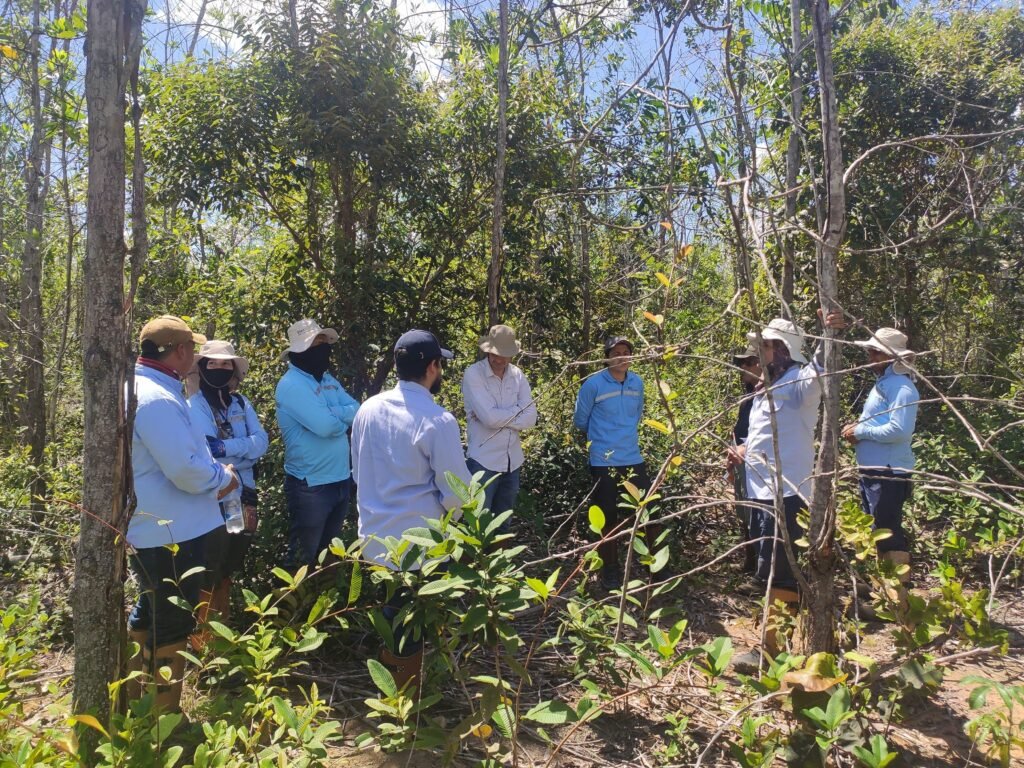
Restaurar los bosques tropicales requiere esfuerzos concertados. Al reconocer la importancia de estos ecosistemas invaluables, estamos allanando el camino hacia un futuro sostenible. Restaurar los bosques tropicales nos permite conservar la biodiversidad, combatir el cambio climático, regular los recursos hídricos y estimular las economías locales.
Junto con apasionados aficionados al fútbol, FORLIANCE está asumiendo la vital misión de restaurar los bosques tropicales y allanando el camino hacia un futuro con emisiones netas cero.
Únete a FORLIANCE y comienza tu camino hacia la acción climática. Contáctanos.

